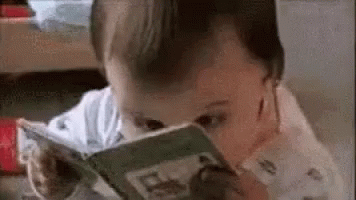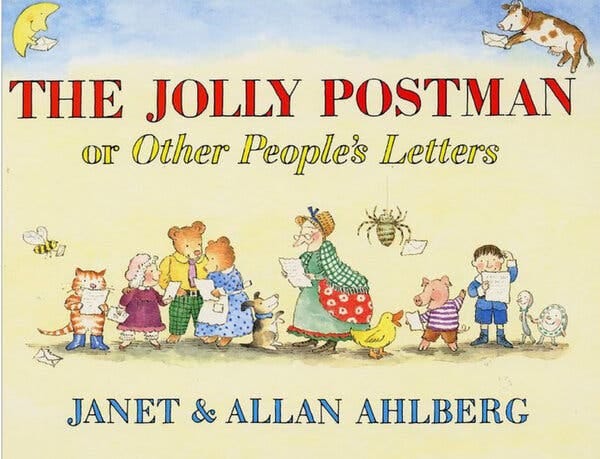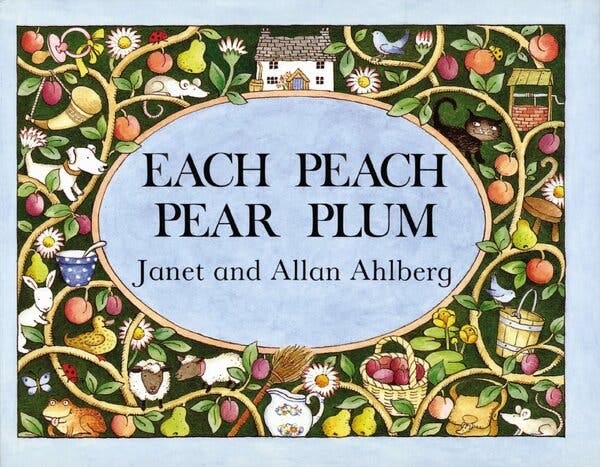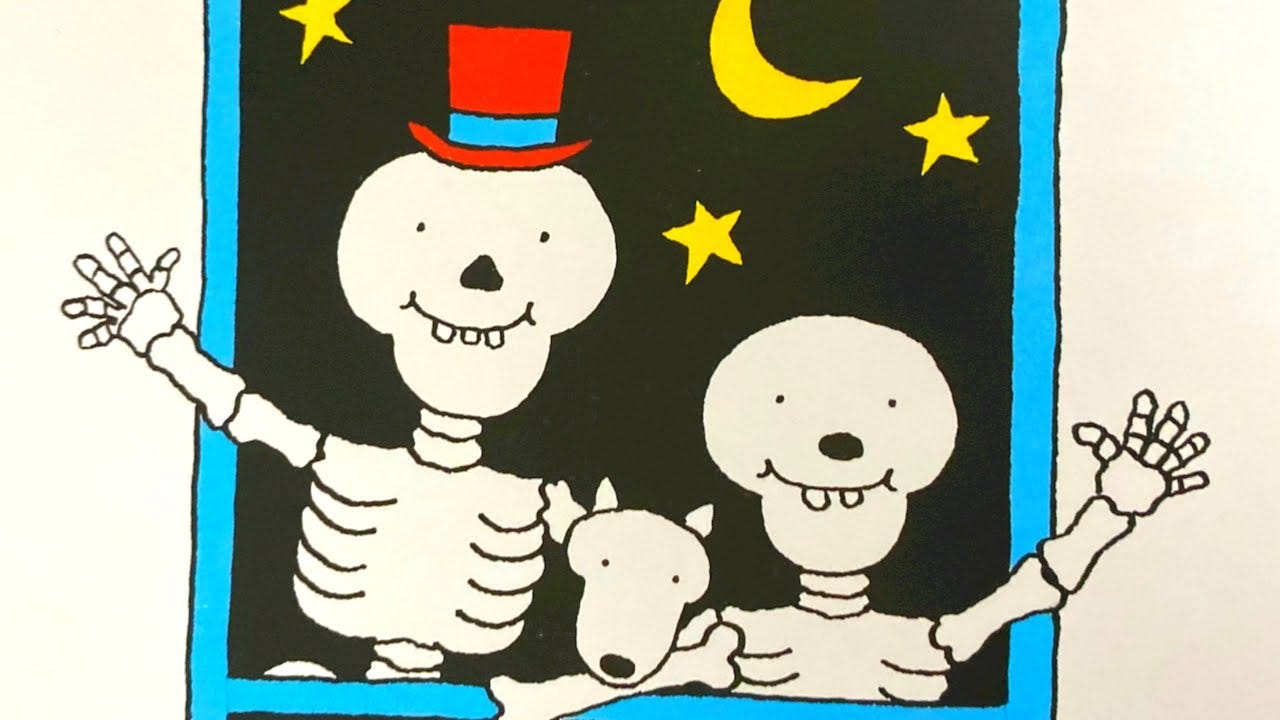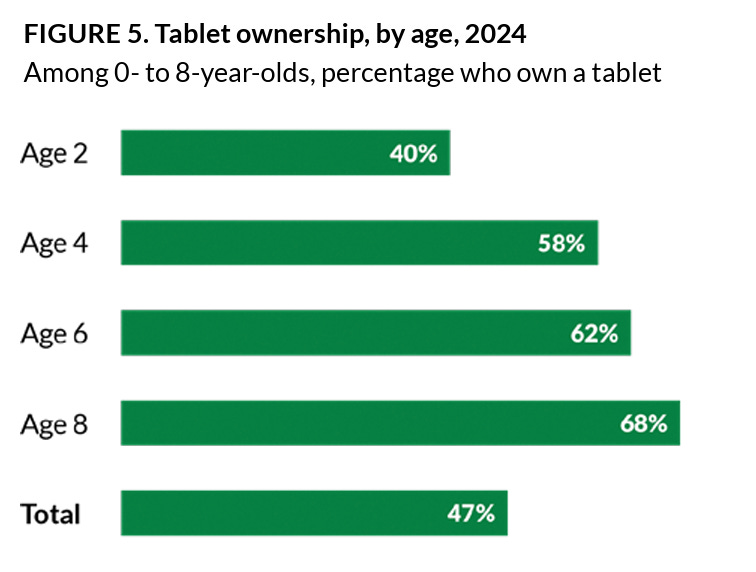How young can children start reading? Why did AI usage drop in June? And, remembering Allan Ahlberg
Friday Footnotes #4
Welcome to Friday Footnotes, a short weekly newsletter from Storygram Labs (with pictures!) about reading, motivation, children’s books, education, writers, and whatever else catches our attention.
Three quick things
(Though these seem to be a little less quick each week!)
1. What age can children really learn to read? 🧐
As early as 2—4 years old, writes Erik Hoel in Literacy lag: We start reading too late.
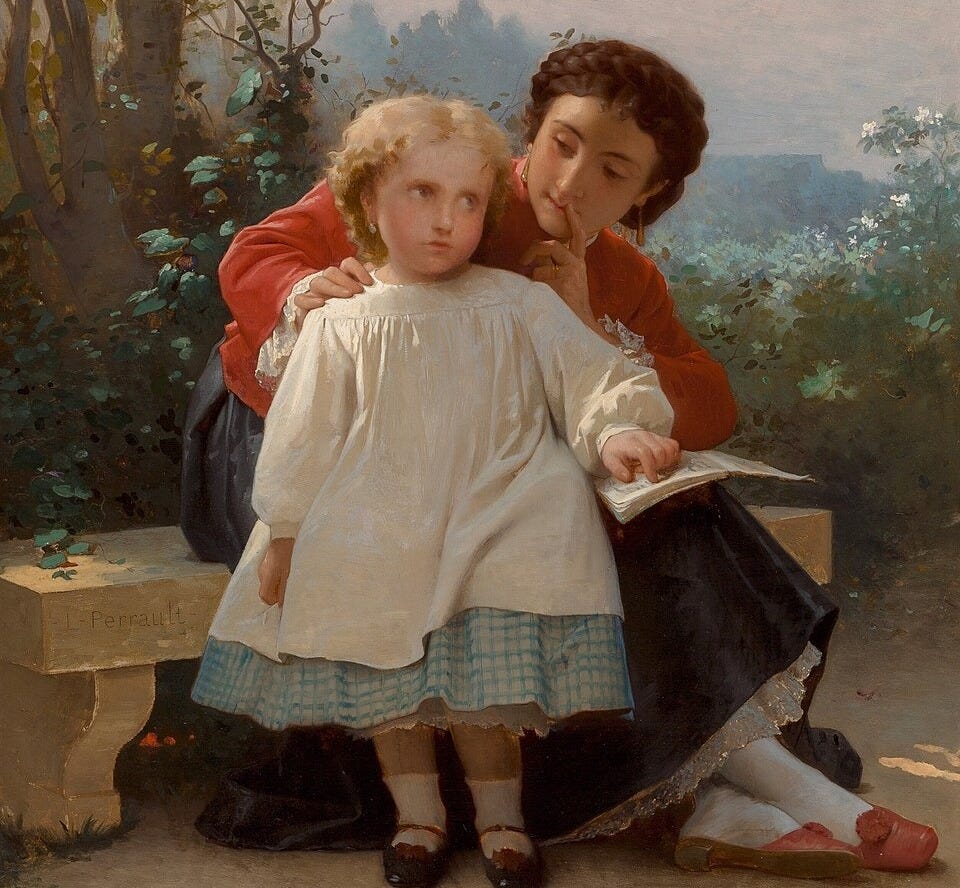
The article argues against the thinking that children should not begin learning to read until at least 5—7 years old — and that trying any earlier could even be damaging.
Hoel considers this is a dangerous belief because if children aren’t given a book, they are inevitably handed a tablet instead.1 But, Hoel claims that books can provide parents with what they need:
I noticed something remarkable from teaching my own child to read. Even as a rowdy “threenager,” he got noticeably easier as literacy kicked in. His moments of curling up with a book became moments of rejuvenating parental calm.
The article tackles some common areas of opposition to early reading:
Education experts
In one LA Times article, experts state that while a child can learn individual letters at 2.5 or 3, it's “developmentally inappropriate.”
Neuromyths
Erik challenges false ideas from neuroscience research, such as:
“The brain doesn’t develop enough for children to read until around age 5” — this may be upside down: modern research suggests the relevant parts of the brain may develop in response to reading.2
“Children in Europe who started reading at 5 did less well than those who started at 7” — This idea was refuted by the person who produced the original research.3
Historical evidence
We might fret about pushing children too hard or choosing the developmentally ‘incorrect’ moment, but it seems kids have been learning from a young age for hundreds of years (mainly children of high social class):
Charles Hoole was an English educator who noted in 1660 that children aged 3-4 have a “great propensity to peep into a book”.
Anna Laetitia Barbauld was a famous educator whose primers had names like Lessons for Children of 2 to 3 Years Old (1778) and were immensely influential for over a century.
Erik writes:
In the end, reading isn’t about grades or test scores. It’s about how kids spend their time. That’s what matters.
[Today] it is a privilege to grow up not with, but free of, the latest technology. And I’ve come to believe that learning to read, as early as possible, is a form of that freedom.
Read the full article here.
What do you think? Do you agree that kids can begin reading early, or should parents hold off trying until they are aged 5—7?
2. Why did ChatGPT use drop dramatically in June? 📈
One theory is that so many of ChatGPT’s users are students who are using it to cheat on their homework — who are now on summer holidays:
3. Remembering Allan Ahlberg 🇬🇧
Allan Ahlbery was a children’s writer who, along with his illustrating wife, Janet, had an impact on my early reading, as well as some of the TV I used to watch growing up (I still remember the Funnybones intro). He died in July, 2025.
While I was influenced by his books, I didn’t know much about him until reading the NY Times obituary (paywalled).
For instance, he was adopted into a loving home out of an orphanage, but:
“There were a fair few clips round the ear, no books and not much conversation.”
Growing up, writing excited him even though school didn’t encourage him much:
“My highest mark from my English teacher, Miss Scriven, was seven out of 20… when I wrote I was in a state of high excitement, so she was confronted with an inky mess.”
And he was a man of principle:
In 2014, Mr. Ahlberg turned down a lifetime achievement award from Book Trust, a children’s reading charity, because it was sponsored by Amazon, which he believed was not paying its fair share of taxes.
As Michael Rosen wrote on X:
“Goodbye Allan. You were a pioneer of great children's literature, both in picture books and poetry. You were clever, funny and wise. My children loved your books. So did and so DO I.”
Quote of the week
“Just because a book is tiny and its readers are little doesn’t mean it can’t be perfect. On its own scale, it can be as good as Tolstoy or Jane Austen.”
— Allan Ahlberg
That’s all for today. Have a wonderful weekend.
By the age of 6, about 62% of children in the US have a personal tablet of their own, and children in the 5-8 age range experience about 3.5 hours of screen time a day.
(yuck — from https://www.commonsensemedia.org/sites/default/files/research/report/2025-common-sense-census-web-2.pdf). Here’s the key chart:
Neuroscientist Maryanne Wolf argues that ages 5-7 are the “prime time” for teaching reading, citing myelination (the growth of fatty sheaths around nerve cells) as insufficient until this age. She suggests it's "wrong for parents to ever try to push reading before 5."
But, as Hoel writes, this is based on a 60-year-old paper. Instead, modern studies do not show myelination as a binary switch. Rapid myelination occurs mostly within the first ~500 days of life (before 2 years old), and myelination is responsive to learning itself.
I like Maryanne Wolf and have had some e-mail exchange with her, but she gets a bit of a battering in Erik’s piece. She cites Usha Goswami's research, concluding that early teaching is “biologically precipitate.” However, Goswami's own work seems to indicate the opposite; the main reason English children lag is the difficulty of the English language's spelling system, not the child's readiness. Goswami herself has referred to “critical period” ideas around brain development as “neuromyths.”


